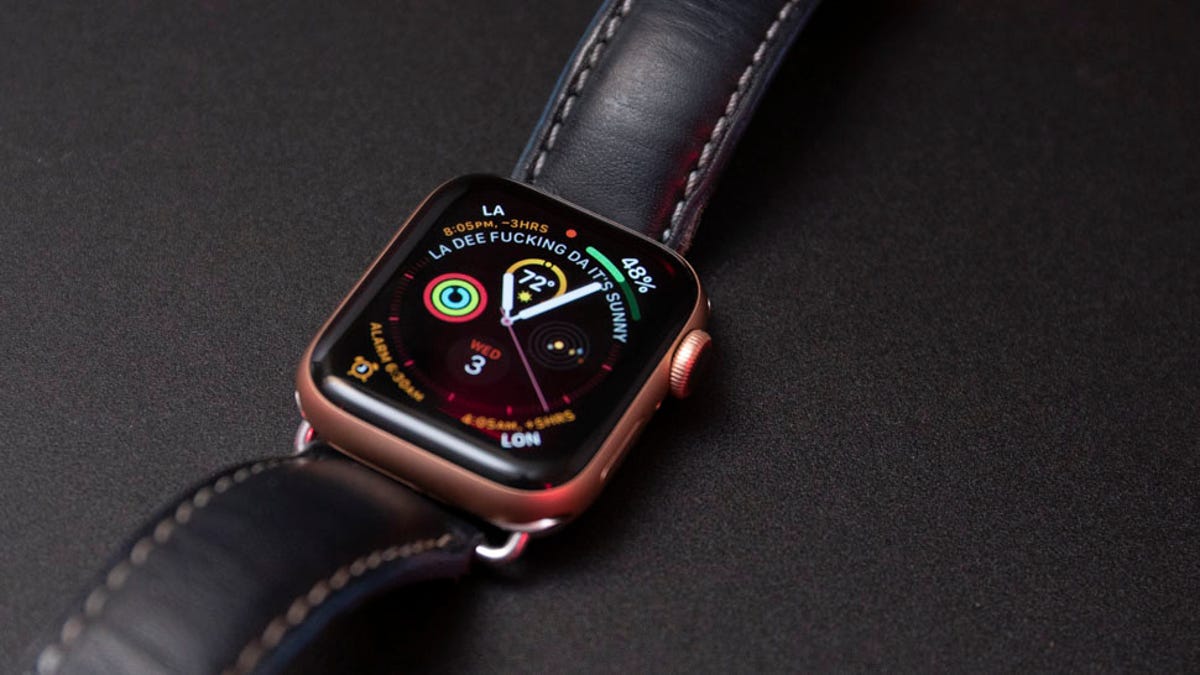Apple’s own FDA application for its ECG app admits the watch does not detect atrial fibrillation (AFib) for heart rates exceeding 120 beats per minute — a limitation that a Forbes report suggests could leave a large number of Apple Watch users with a false sense of security.
That 120bpm limitation is, as it turns out, significant, according to Forbes. Mayo Clinic says that the heart rate of AFib patients can range anywhere from 100 to 175bpm — meaning the Apple Watch isn’t looking at a decent chunk of folks who may be affected. Furthermore, this 2015 study notes that the mean heart rate of new-onset AFib patients is 109 bpm, with a third of patients having heart rates above 120 bpm. Another just-published study in Circulation noted the Series 4 correctly identified AFib in 34 of 90 cases, for an accuracy rate of 41 percent.
It is also worth casting an incredibly critical eye toward any study meant to prop up a consumer product’s legitimacy. Apple just recently announced it’s partnering with Johnson & Johnson to research AFib and see if it can predict strokes in seniors. That’s good for many reasons, including the massive scale of the study.
See Heart Rate Limitations Show Why You Shouldn’t Get Your Medical Advice From the Apple Watch
The Apple Watch is the smartwatch to beat. It’s massively popular, has a full range of features, and compared to some of its competitors, leads the way in rethinking how wearables can function within the health sector. During the Apple Watch portion of Apple events, you can generally expect a feel-good reel of real-life users sharing stories of how the watch saved their lives by notifying them of their irregular heartbeat. That said, Apple’s own FDA application for its ECG app admits the watch does not detect atrial fibrillation (AFib) for heart rates exceeding 120 beats per minute—a limitation that a Forbes report suggests could leave a large number of Apple Watch users with a false sense of security.

